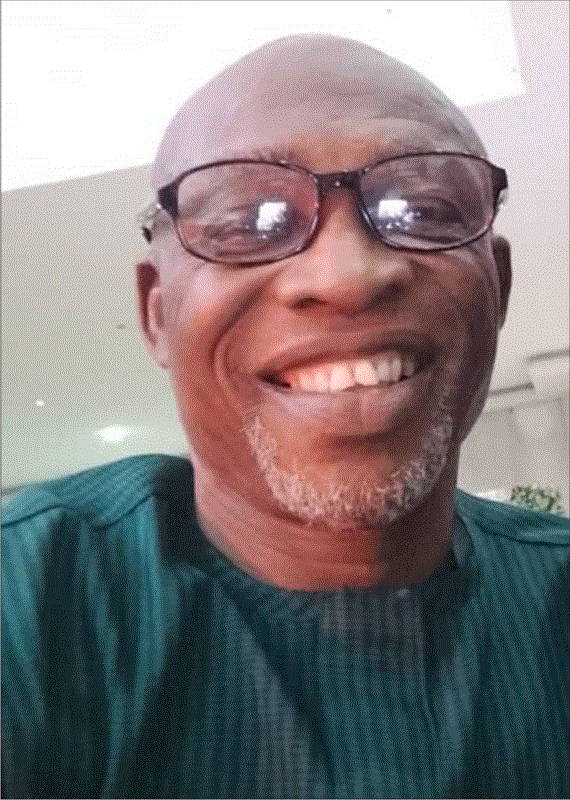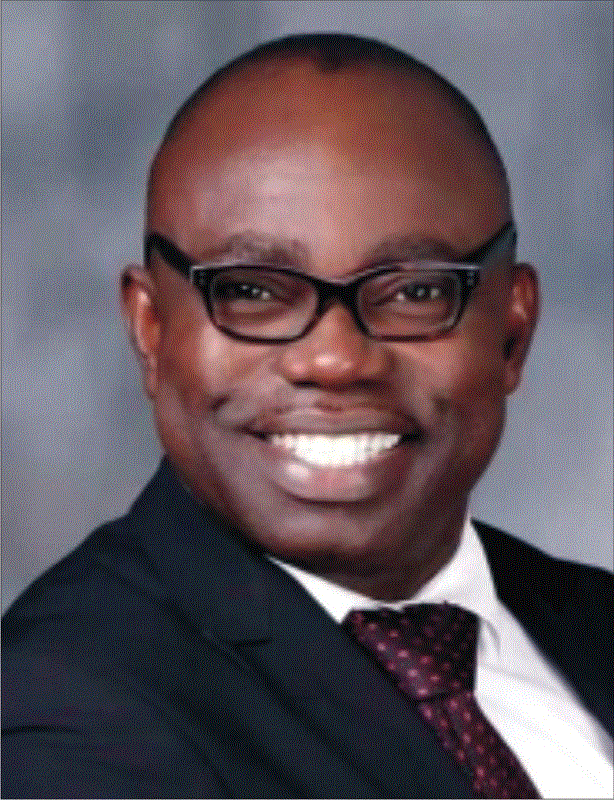Mortgaging Nigeria’s Future With Loans Upon Loans
By Azuku Onwuka
The same baseless points used to throw Nigeria into the pit of debt and poverty in the 1980s and 1990s are being used today to return Nigeria to that unenviable position. One hears hackneyed arguments like: “Our debt to GDP is one of the best.” “There is nothing wrong with borrowing. What is important is what the money is used for.” “Even the richest countries and individuals borrow a lot.” “It is cheaper to use borrowed funds to run projects.”
From the era of Alhaji Shehu Shagari, through that of Major General Muhammadu Buhari, Gen. Ibrahim Babangida, Gen. Sani Abacha to the regime of Gen. Abdulsalami Abubakar, Nigeria amassed debt upon debt. The country’s debt profile became too high that the amount of money used to service the debt became a burden. As the President, Chief Olusegun Obasanjo had to strike a deal with the Paris Club in 2006 to pay $18bn and have the other debt written off. It was a huge relief to Nigerians. Sadly, just after a decade, Nigeria has returned to debt accumulation. From the Yar’Adua/Jonathan regime to the current Buhari regime, Nigeria’s debt has continued to rise.
In November 2018 while defending Nigeria’s rising debt profile, Vice President Yemi Osinbajo gave the following debt trajectory: “In 2010, Nigeria’s debt was $35bn; 2011, it was $41bn; in 2012, it was $48bn; in 2013, it became $64bn; 2014, it rose to $67bn; 2015, it fell to $63bn; 2016, $57bn; 2017, $70bn; 2018, it is $73bn.” Since last year, more loans have been taken.
Two weeks ago, the Debt Management Office announced that Nigeria’s total public debt had risen to N25.7tn as of the end of June 2019, adding a total of N3.32tn in one year. The debt owed by the Federal Government was N20.42tn as of June 30, 2019, while the debt owed by the 36 states and the Federal Capital Territory was N5.28tn. N8.32tn C$27.16bn) was external debt while N17.38tn was internal debt.
It is always distressing to see newspaper headlines like:
“Why Nigeria is borrowing fresh $3bn from World Bank – Ahmed”
“Nigeria borrows $2.1bn to rebuild north-east”
“Nigeria borrows N410bn for capital projects in 2018 Budget – DM0”
“Nigeria borrows N2.75tn in one year”
“Nigeria gets $328 Million Loan from China to Boost ICT Sector”
No month or quarter passes without reading of Nigeria taking a fresh loan. It seems that for every project in Nigeria, a loan must be taken to prosecute it.
To many Nigerians, Nigeria is a rich country. But the reality is that Nigeria is virtually bankrupt. It shows in the way the current administration is thinking of new taxation regimes. It recently decided to increase the Value Added Tax from five per cent to 7.5 per cent. It decided to tax people for online transactions. It mooted the idea of introducing toll plazas that Obasanjo had dismantled. It seemed to beat a retreat following the uproar over it. The recent comment by the Minister of Works and Housing, Mr Babatunde Fashola, that there were not enough funds to execute road projects points to the same direction. Fashola had warned state governors not to rehabilitate roads owned by the Federal Government, because there were no funds to reimburse governors who do so. He told them that the only condition for that is if the governor confirms that he has no plan to ask for a refund for the construction.
A trip round the country paints a scary picture of the state of the federal roads. Rather than potholes dotting the roads, the asphalt on most sections of roads has been completely pulled off by pressure from vehicles. Craters have been created. Flood mixes with clay to create what looks like mud and marsh through which vehicles wallow. Sometimes, they are unable to make it through and remain trapped there for hours or days, further creating gridlock that compounds the fate of commuters. It shows that the Federal Government seems overwhelmed.
That shortage of funds shows in the disagreement between the Federal Government and the Nigeria Labour Union on the new minimum wage review. Labour has been threatening to go on strike if its demands are not met.
It does not need an economist who is a winner of the Nobel Prize to know that the argument for this continuous borrowing is lame and thoughtless. After four years in office, there is nc» clear sign that the government of Buhari is cleaner and more prudent than other administrations before it. Corruption is still going on unabated. There is also no sign that there is a spike in the number and magnitude of projects executed under Buhari. Just like other past administrations, some projects have either been initiated or continued. There is nothing outstanding to mark this regime out as one that has judiciously used money to execute projects and meet deadlines. For example, the Lagos-Ibadan Expressway that was inaugurated in 2013 with a deadline of 2017 is still not completed three months to the end of 2019. There is no sign that it will be completed even in 2020.
just as borrowing favours rich individuals and corporate bodies, it also favours rich nations. Rich individuals and organisations usually understand how to manage and create wealth more than less endowed individuals and organisations. They have also created systems that ensure that money is not embezzled with impunity. Most importantly, they have the financial muscle to dictate to the lenders the terms of repayment. The lender usually cannot afford to lose the big borrowers neither does it have the clout to punish them. This is not the case with poorer individuals or organisations or nations. That is why the proverb “He who goes a-borrowing goes a-sorrowing” applies more to such poorer entities. Their collateral is either sold off, or they are made to live their lives, including the lives of their children, paying debts which have accumulated outrageous interests. They invariably become slaves to the lender and become more impoverished.
It is sad that there has not been any clear attempt to grow the economy and create wealth. Obasanjo met crude oil price in 1999 at less than 10 dollars. Yet, he was able to create a buoyant economy that had enough money to pay off Nigeria’s accumulated debt, in spite of the Niger Delta militancy that cut Nigeria’s crude oil production by half. Obasanjo’s success lay in his open-mindedness to use experts in all key fields of the economy and to listen to their advice and implement such advice, rather than choose cronies and even refuse to take advice. Neither Obasanjo nor Buhari is an expert in economics and financial management. What they have is their layman’s understanding and access to examples of how other countries have revived their economies. Obasanjo’s plan worked. Buhari’s plan has not worked.
Perhaps, the newly inaugurated Economic Advisory Council will come up with ideas that will help revive the economy. The calibre of the people in that committee is top-class. It was a step in the right direction to have created that group. It is also an acknowledgement that whatever has been done concerning Nigeria’s economy has not worked. The only challenge is whether Buhari will be willing to accept the ideas from this council or whether he will discard those ideas and continue with his own ideas that have made the economic fortunes of Nigeria worse.




